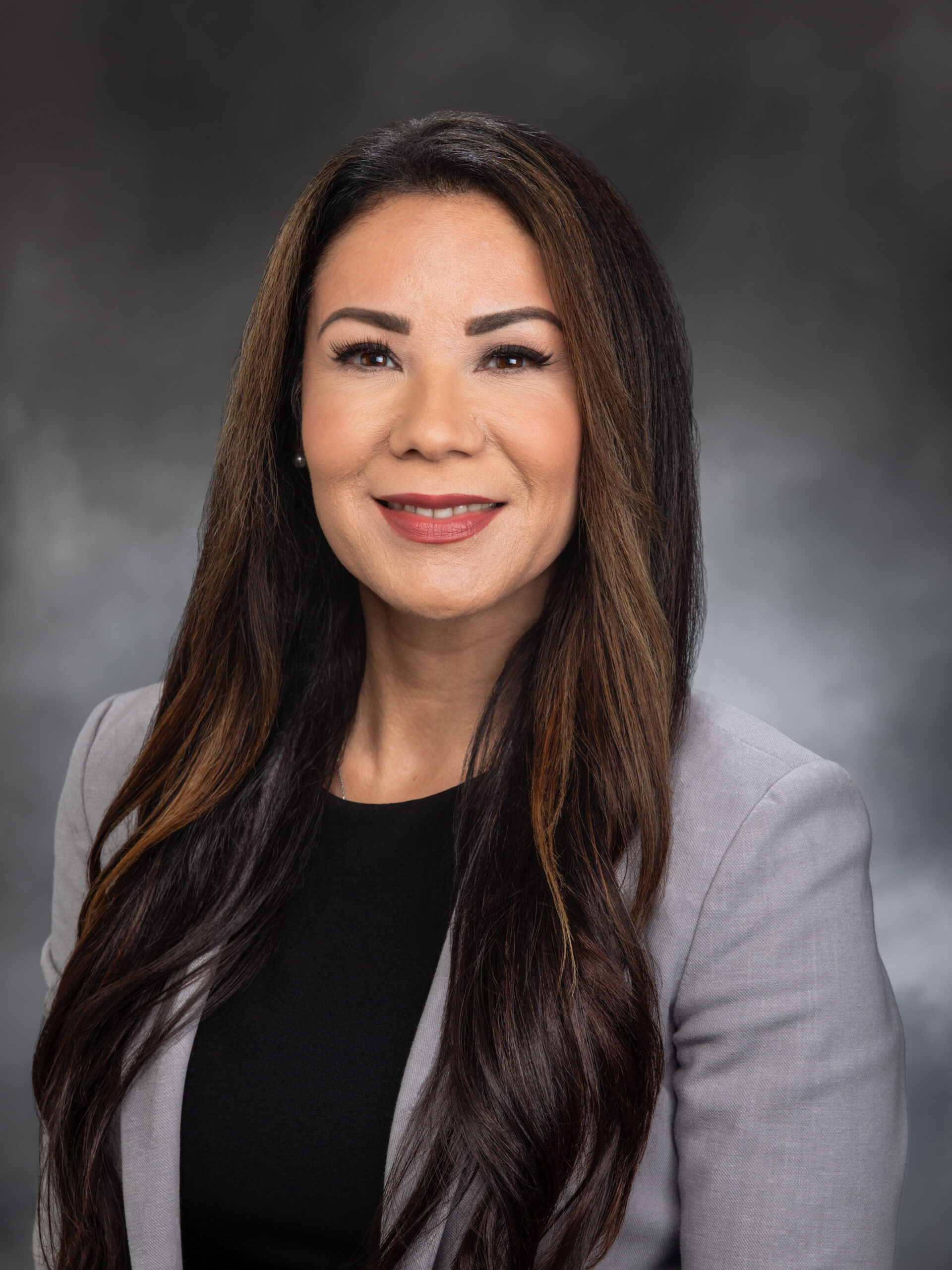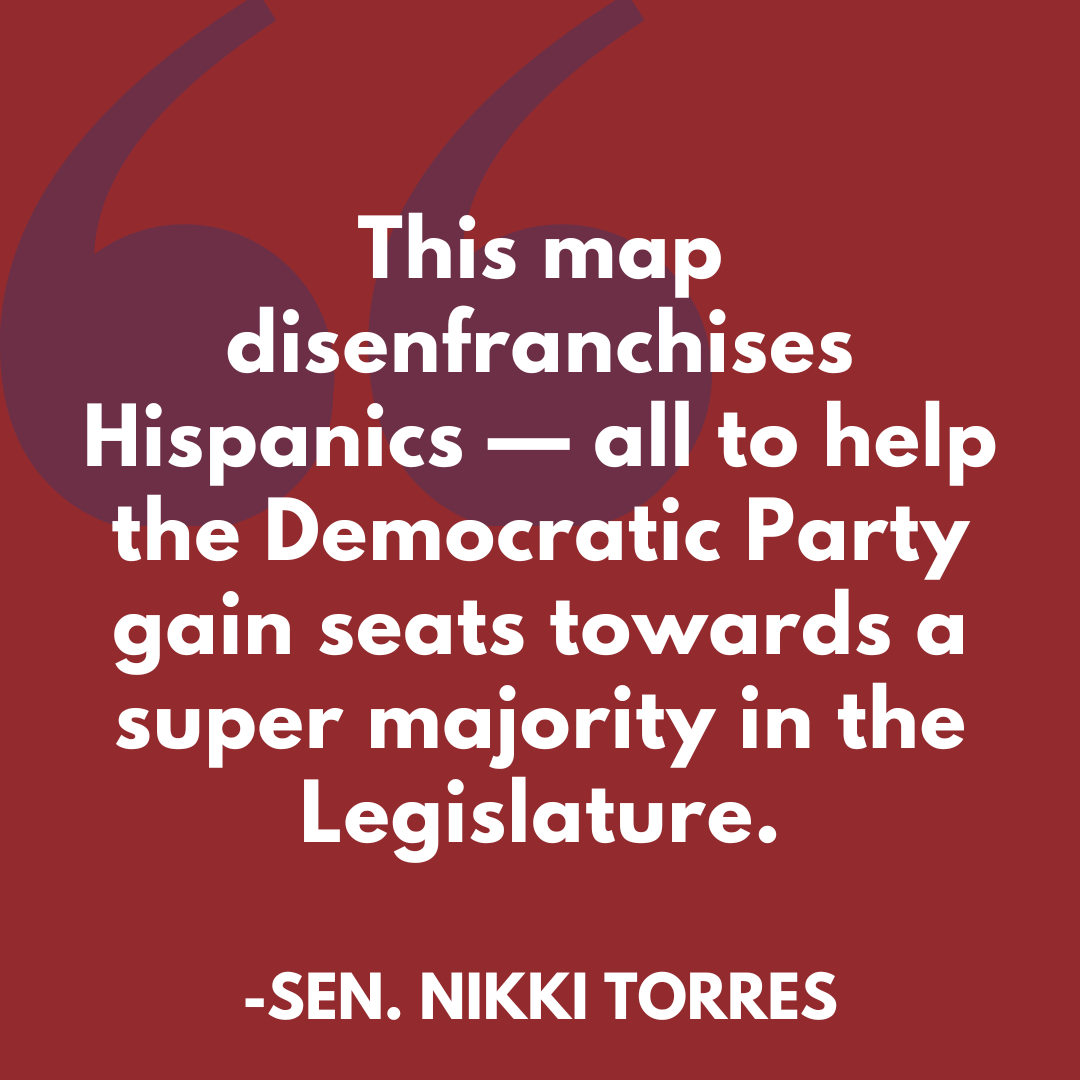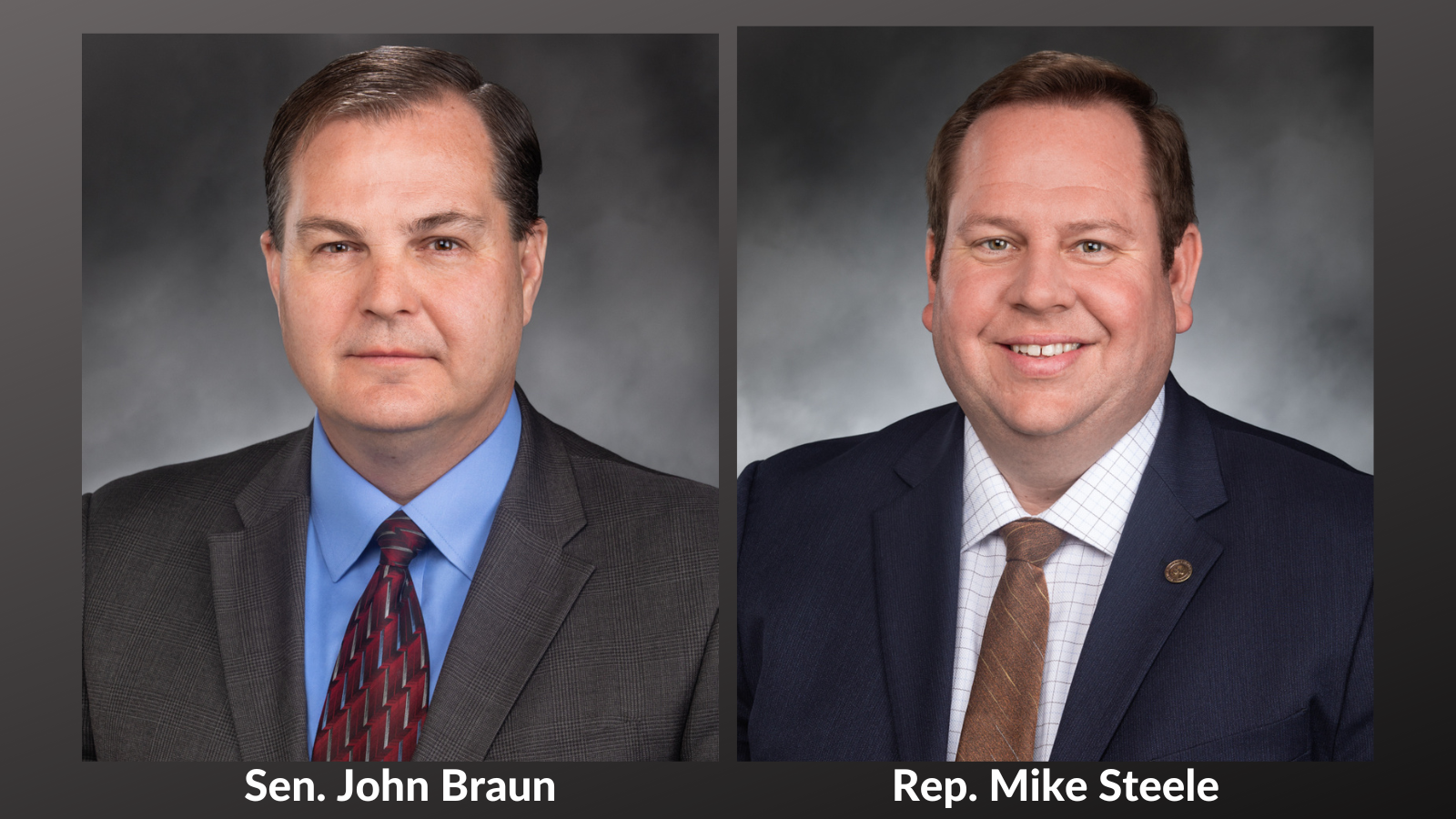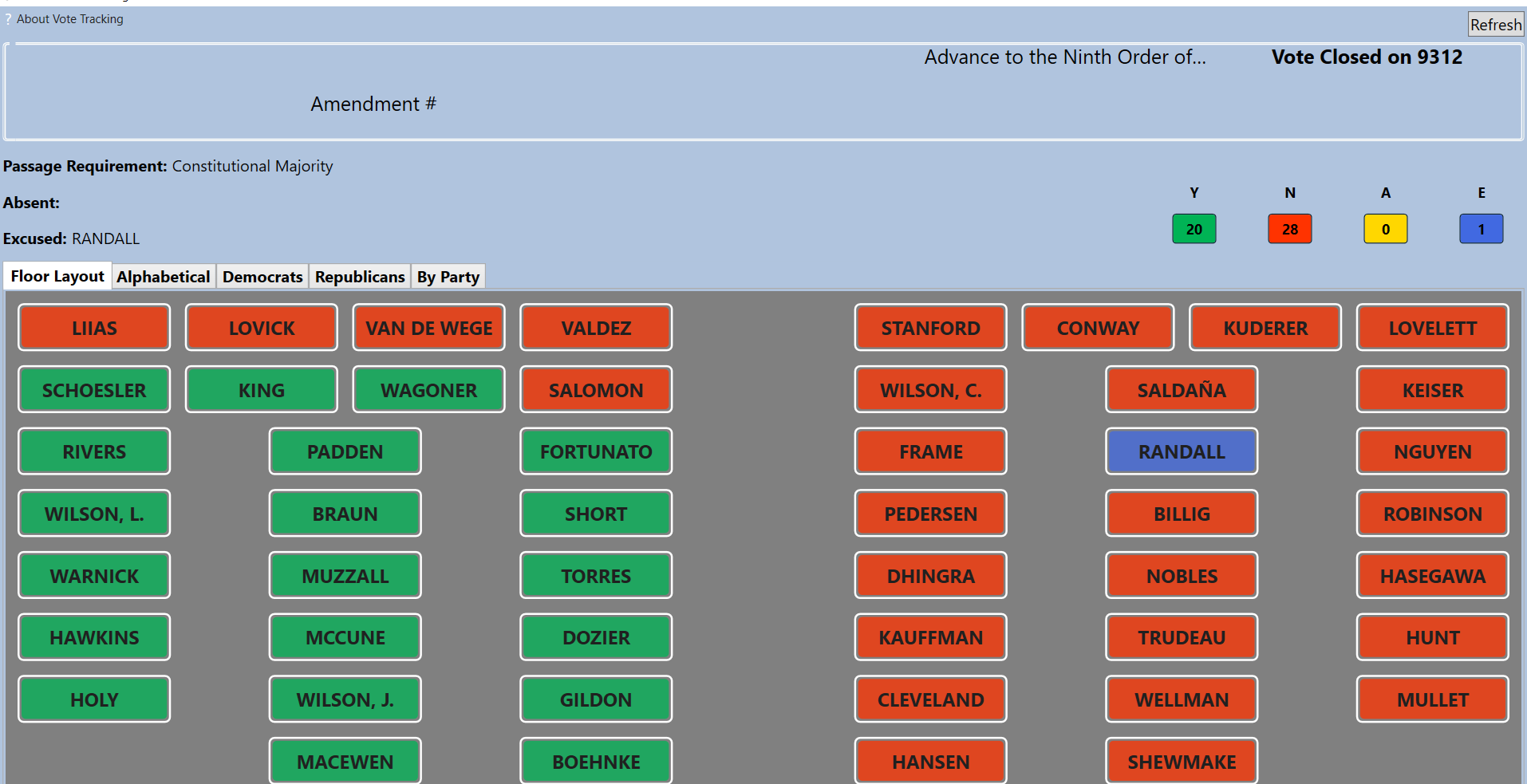Democrat Gerrymandering in the 15th Legislative District

Sen. Nikki Torres, 15th LD
Current Senator for the 15th Legislative District is Sen. Nikki Torres, R-Pasco.
Republican state Senate and House leaders react to Ninth Circuit Court redistricting ruling
The Ninth Circuit Court has dismissed an emergency motion to stay regarding a recent federal court ruling on legislative district boundaries in Central Washington. The court found that the petitioners requesting the delay lacked standing. The motion stemmed from a March 15 decision by the U.S. District Court for the Western District of Washington, instructing the Secretary of State to conduct future elections based on a new legislative district map approved by the court in the case of Palmer v. Hobbs.
These decisions followed a ruling last August, which mandated the reworking of district maps drawn in 2021 due to violations of the Voting Rights Act, as determined by U.S. District Court Judge Robert Lasnik. While this decision claims to rectify electoral power disparities, it comes at the expense of relocating five Republican lawmakers, including Latina state Sen. Nikki Torres, who represents a substantial portion of the affected area. No Democrat lawmakers were impacted by the new district boundaries.
The new legislative map adopted by the federal court creates sweeping changes to thirteen Washington legislative districts, especially districts 14 and 15 in Central Washington. With the Ninth Circuit Court’s dismissal of the motion, changes to the legislative district map will take effect immediately and be in place for the 2024 elections.
Senate Republican Leader John Braun and House Republican Deputy Leader Mike Steele issued the following statement regarding the Ninth Circuit Court’s decision to dismiss the emergency motion to stay:
“We are profoundly disappointed by the Ninth Circuit Court’s decision on the emergency motion to delay these district changes. What’s even more troubling is the district court’s decision on March 15 to alter these maps doesn’t seem to address the claimed core issue, namely the dilution of the political voice of the Latino electorate in the Yakima Valley. The new map results in fewer eligible Latino voters in the area and moves their elected representative, the first-ever Latina senator in Central Washington, entirely out of their district.
“Federal Judge Lasnik’s new maps turn the principles of the federal Voting Rights Act upside down, and it should be appealed all the way to the United States Supreme Court. Redistricting should prioritize fairness and adhere to non-partisan principles while following constitutional and Voting Rights Act requirements. However, in this case, the district court’s actions seem to contradict these principles. The extensive changes to legislative maps appear to prioritize partisan interests over fairness. It is imperative that our electoral processes promote fairness for all constituents. We believe these district map changes fail to meet that standard.”
Washington Legislative Districts
(Click/Tap map for details)
LATEST MEDIA
Tri-City Herald: Courts tossed a redistricting map that elected a Latina to protect the Hispanic vote
BY DEANNA MARTINEZ
Heaven help us from people who say they want to help us. Using the advancement of the southeastern Washington Latino community as an excuse, Seattle activists and Democratic Party operatives have convinced a federal judge to redraw a full quarter of Washington’s legislative-district boundaries, from the southeastern corner of the state to Vancouver and Pierce County.
Keep reading: Courts tossed a redistricting map that elected a Latina to protect the Hispanic vote
Tri-City Herald: U.S. Supreme Court refuses to block WA maps ousting Central WA’s first Latina senator
By Eric Rosane
A Tri-Cities lawmaker drawn out of her home legislative district last month by a federal judge in Seattle says she’s “considering everything” as she looks forward to the final two years serving in her seat.
And on Tuesday, the U.S. Supreme Court declined an emergency stay that would have blocked the new map from being used in elections this year. Associate Justice Elena Kagan referred it to the high court, which rejected it without comment.
Keep reading: U.S. Supreme Court refuses to block WA maps ousting Central WA’s first Latina senator
Washington State Standard: U.S. Supreme Court won’t block Washington’s new legislative district map
BY: JERRY CORNFIELD – APRIL 2, 2024 5:23 PM
The U.S. Supreme Court on Tuesday steered clear of Washington state’s redistricting battle.
Without comment, the high court refused to block use of new legislative district boundaries intended to give Latino voters in the Yakima Valley a better chance of electing the candidate of their choosing.
Keep reading: U.S. Supreme Court won’t block Washington’s new legislative district map
Seattle Times: U.S. Supreme Court denies stay in Central WA redistricting case
April 3, 2024 at 6:00 am Updated April 3, 2024 at 6:00 am
Seattle Times staff reporter
OLYMPIA — The U.S. Supreme Court on Tuesday rejected an attempt to stay a recent court decision that will alter the boundaries of several legislative districts in Central Washington in the wake of a voting-rights lawsuit.
In mid-March, U.S. District Judge Robert Lasnik approved a new map after ruling last year that the current map impaired the ability of Latino voters in the Yakima Valley and Pasco areas to elect their preferred candidates. A group of Latino voters had filed a lawsuit challenging the map approved by Washington’s redistricting commission in 2021, arguing the districts diluted the voting power of Latinos in the region.
Keep reading: U.S. Supreme Court denies stay in Central WA redistricting case
Seattle Times: Redistricting decision hurts Latino voters
March 25, 2024 at 3:32 pm
Special to The Seattle Times
Every 10 years, Washington undergoes redistricting to equalize population shifts in legislative districts. Many Eastern Washington Hispanics were thrilled at the results in the latest round — there was a new Yakima Valley district where Latinos formed 73% of the population and a majority of the eligible voters. But Democrats said it did not do enough, and in 2022, they sued.
Many Eastern Washington Hispanics see the lawsuit as outrageous.
The Spokesman-Review: Trust erodes one case at a time
Sue Lani Madsen
For The Spokesman-Review
In a Democrat-controlled state, when a federal judge appointed by a Democrat president makes a decision on redistricting that affects no incumbent Democrats and multiple Republicans, voters may reasonably be skeptical of the impartiality of the results.
Lynnwood Times: Clinton-appointed judge redistricts out Washington Republican lawmakers
SEATTLE—Judge Robert Lasnik, of the United States District Court for the Western District of Washington, ordered the adoption of a redistricting map that impacts the boundaries of 13 legislative districts—12 Republican and 1 Democratic—and which redistricts out several Republican and no Democratic lawmakers ahead of 2024 General Election.
Keep reading: Clinton-appointed judge redistricts out Washington Republican lawmakers
Yakima Herald-Republic: New legislative map approved Friday brings big change for Yakima Valley
Podcast












